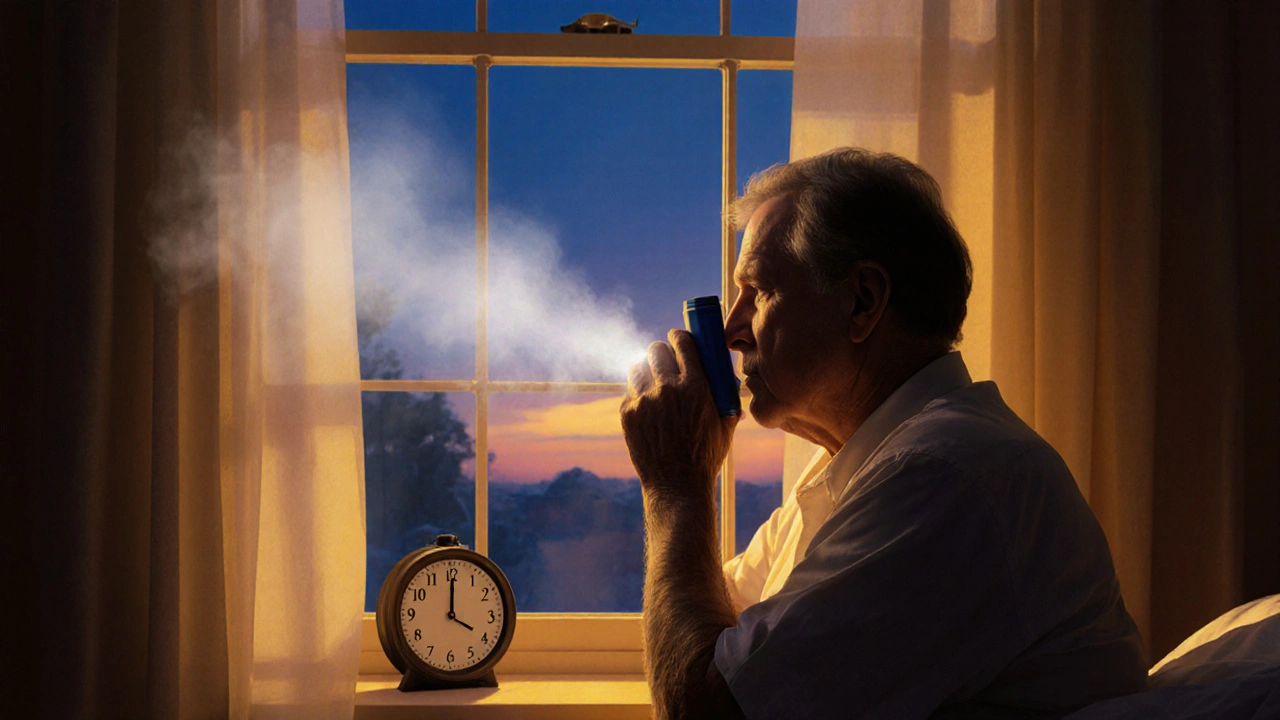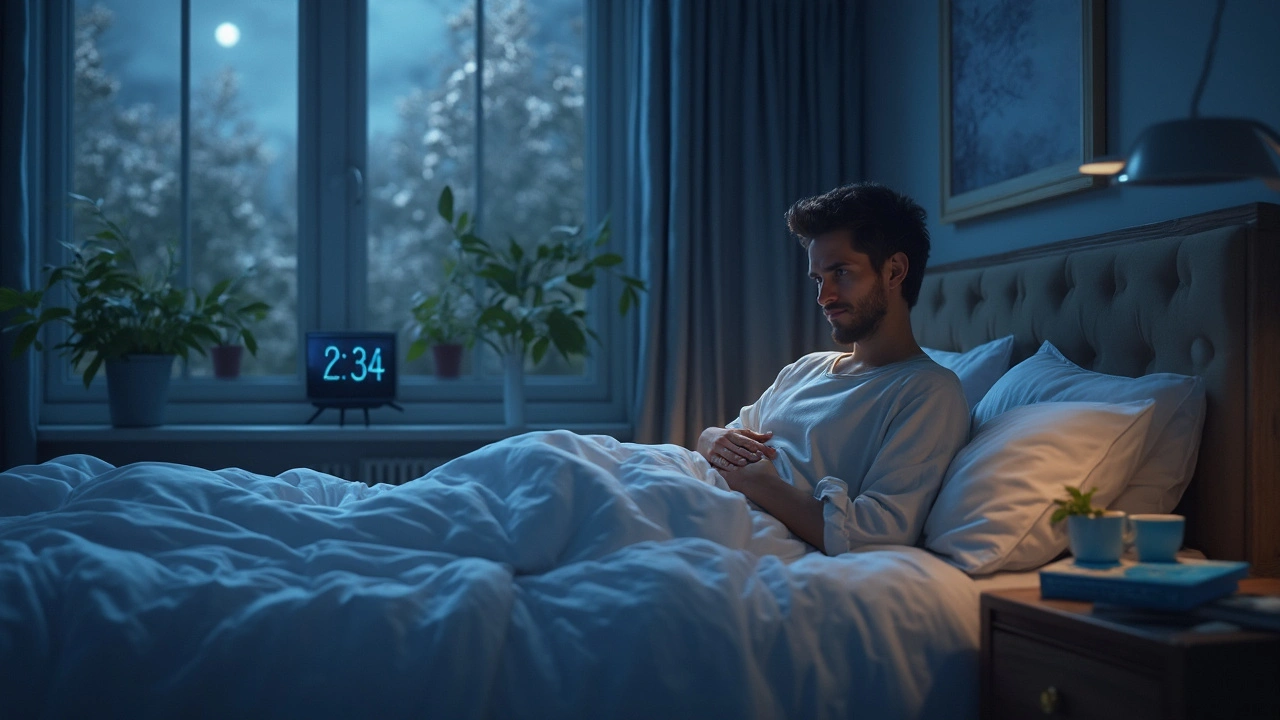Sleep Quality: Practical Tips to Improve Your Rest Tonight
You don’t actually need eight hours to feel great — you need good sleep. Sleep quality matters more than clocking time. Small, focused changes to your routine and bedroom often make the biggest difference. Below are straightforward strategies you can try tonight and track for a week.
Set the stage: bedroom and routine
Start by treating the bedroom like a sleep-only zone. Keep it dark, quiet, and cool — aim for about 18°C (65°F) if you can. Block light with thick curtains or an eye mask, and reduce noise with a fan or white-noise app. Use your bed for sleep and sex only; that reassociates the mattress with rest instead of scrolling or work stress.
Pick a consistent wake time and bedtime, even on weekends. Your body runs on rhythm: regular times strengthen it. If you struggle to fall asleep, don’t lie awake for an hour. Get up, do something quiet and low-light for 15–20 minutes, then try again.
Habits that actually help
Cut stimulants after mid-afternoon. Caffeine can linger 6–8 hours in some people; if you’re sensitive, move your last cup to early afternoon or switch to decaf. Alcohol knocks you out fast but fragments sleep later — so skip it if you want deeper rest.
Limit screens before bed. Blue light from phones and laptops suppresses melatonin. Try a 60–90 minute wind-down without screens: read a paper book, stretch, or practice a short breathing exercise. A simple 4-4-8 breathing (inhale 4, hold 4, exhale 8) calms the nervous system fast.
Exercise helps but time it right. Aim for moderate movement most days, ideally finished at least 2–3 hours before bed. Evening high-intensity sessions can energize you and delay sleep for some people.
Short naps can be useful — keep them under 30 minutes and before 3 pm. Long or late naps often wreck the night.
Track one change at a time. Try a two-week test: dark room for week one, no screens before bed for week two. Use a sleep diary or a basic tracker to note when you fall asleep, wake up, and feel refreshed. Look for patterns, not perfection.
If you snore loudly, gasping for air, or still feel exhausted after good sleep habits, talk to a doctor. Conditions like sleep apnea and restless legs are treatable but need medical evaluation.
Quick checklist to try tonight: turn off screens 90 minutes before bed, keep your room cool and dark, set the alarm to wake at the same time, skip caffeine after lunch, and try a 5-minute breathing routine before lights out. Small changes add up — start with one and build from there.

How Budesonide Formoterol Affects Sleep Quality
Budesonide formoterol can improve or disrupt sleep depending on timing and dosage. Learn how this common asthma and COPD medication affects nighttime rest and what you can do to sleep better.
Read More
Upset Stomach and Sleep Quality: Why One Messes Up the Other
An upset stomach can wreck your sleep, leaving you tired and frustrated the next day. This article digs into why digestive trouble keeps you up, how your gut and sleep are connected, and what you can actually do about it. You'll learn about the foods and habits making things worse, signals your body sends, and some no-nonsense tips for better nights. It's all about real solutions you can use right now. Nobody needs one more rough night when a few simple changes might help.
Read More